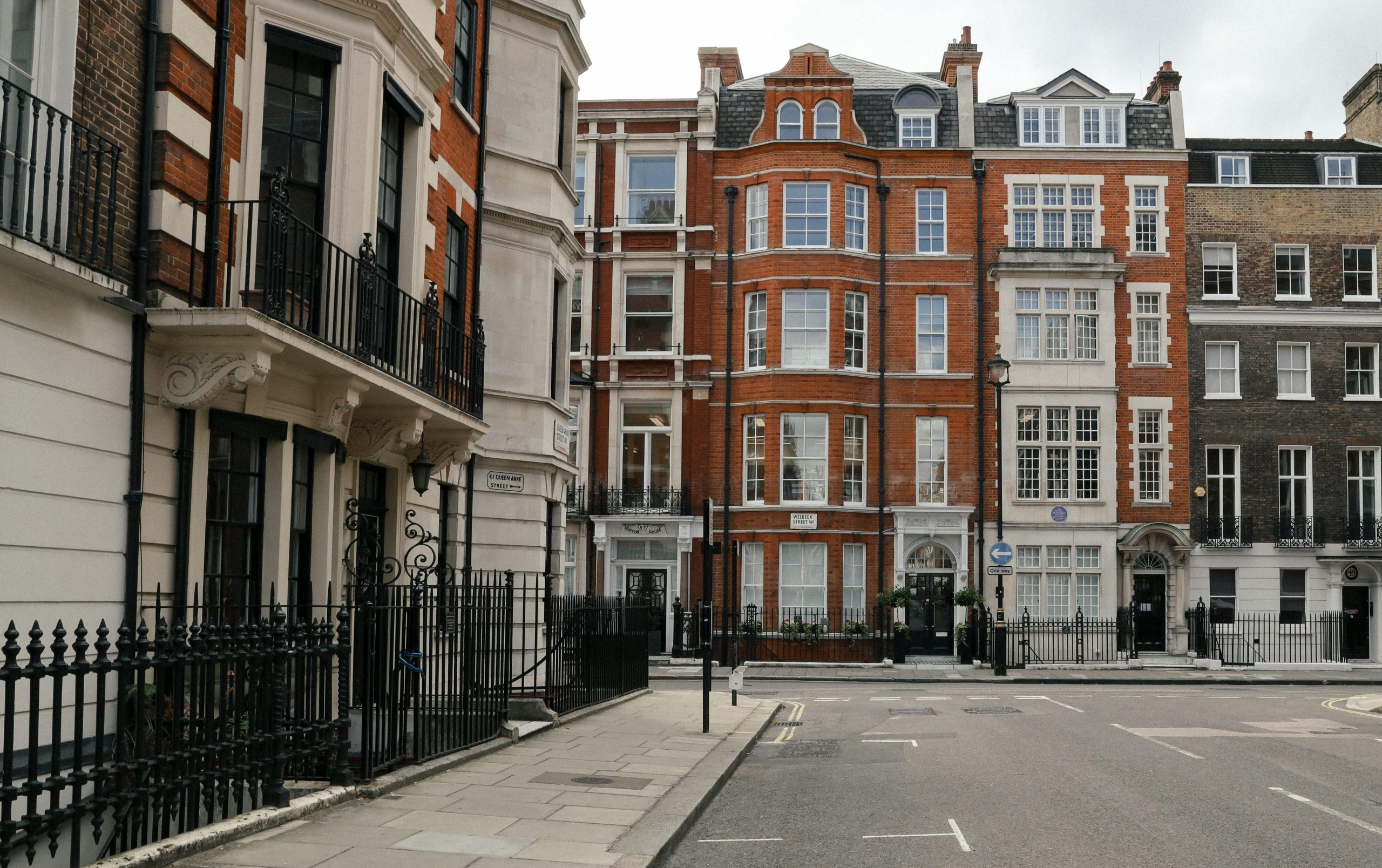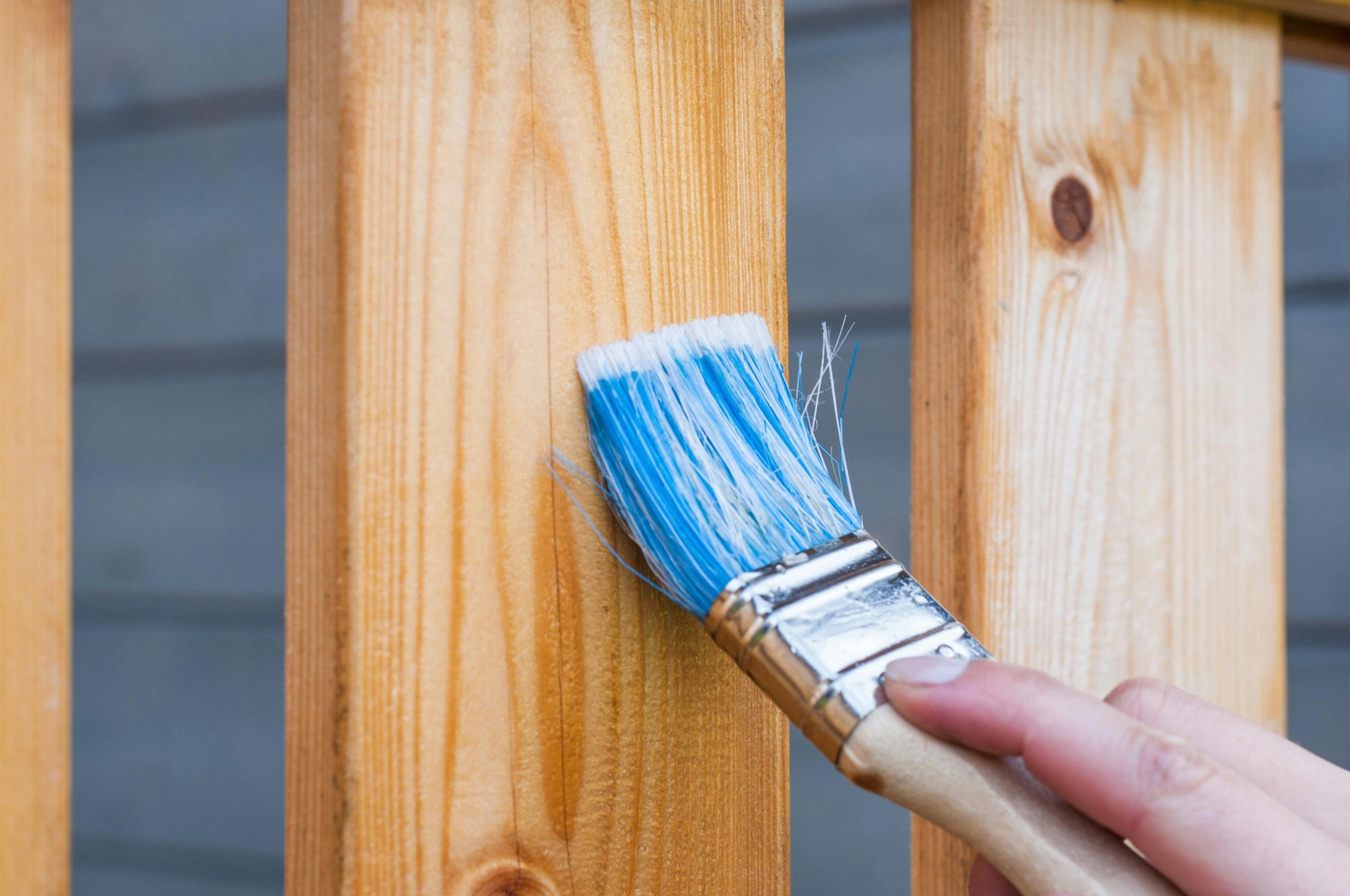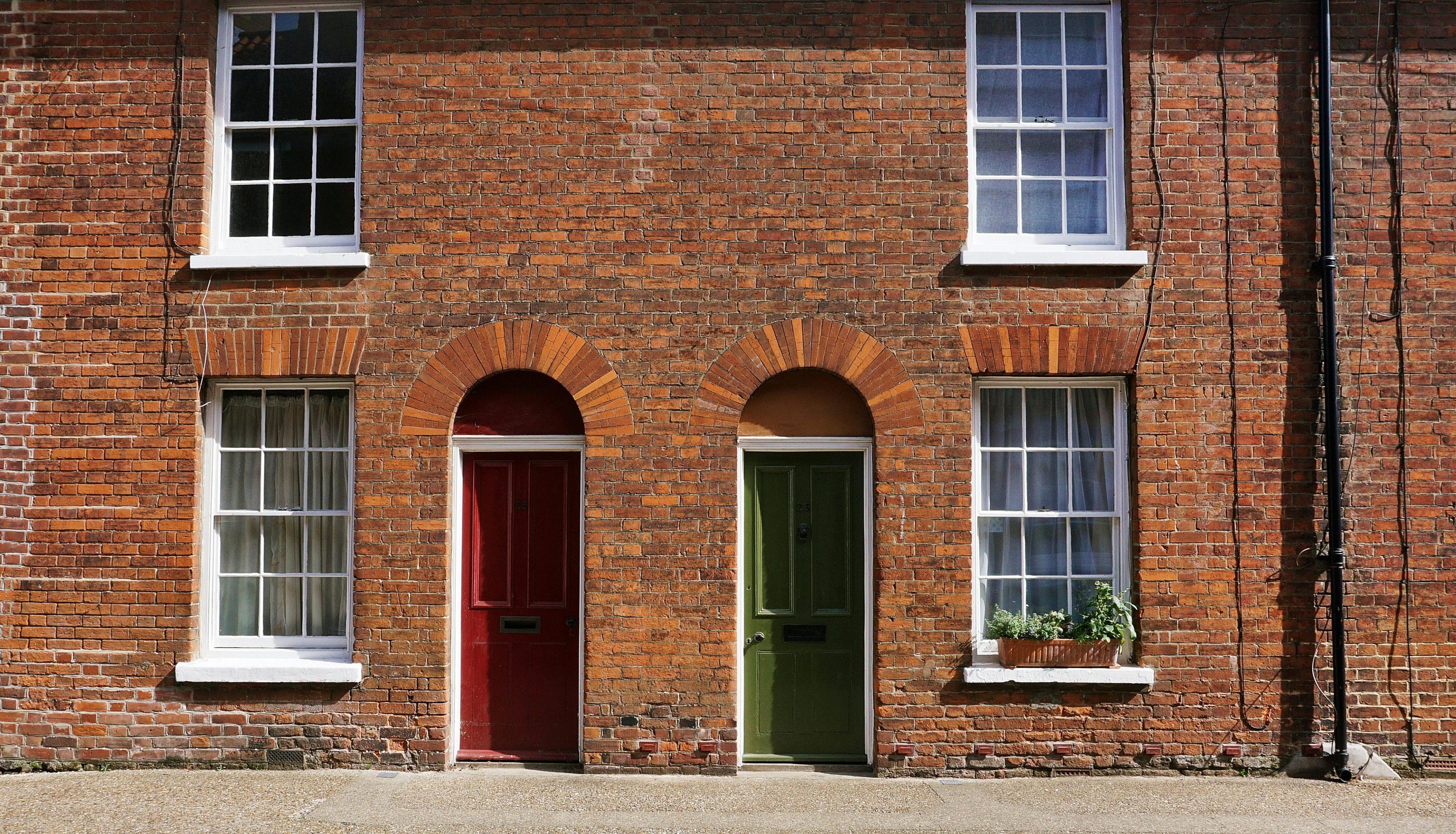This article was published on 23 Sep 2021. At the time of publishing, this article was true and accurate, however, over time this may have changed. Some links may no longer work. If you have any concerns about this please contact us
It probably seems like a lifetime ago since your last holiday with one lockdown after another, but positive developments mean you may be heading away on that well-deserved break sooner rather than later! As Police professionals, much of the following will come as second nature to you, but it might be handy to share with your family.
Before going on holiday most people consider the things that they’ll need whilst they’re away – passports, luggage, and travel insurance – but it’s all too easy to forget the things that need to be taken care of back at home during that time.
If you’re going to be leaving your home unoccupied for more than just a few days it’s important to consider some of the safety and security factors below.
After all, an owner-free home still filled with valuable electrical goods such as televisions, laptops or state-of-the-art coffee machines are both a potential fire hazard and a burglar’s dream. And then of course there’s the possibility of gas or water leaks and the resulting damage. So, here’s how to best prepare your home for when you’re gone…
Keep burglars at bay
If you have a burglar alarm be sure to turn it on as soon as you leave, but do be aware that there are other factors in keeping your house secure whilst on holiday. Whether you have an alarm or not reducing or entirely removing obvious signs that no one is home is imperative.
Cancel milk and paper deliveries so they don’t create an evident backlog making it apparent that you are away. Plus, no one wants to arrive home from holiday to find two-week old milk sitting on their doorstep, especially in summertime.
Consider connecting lights to timers so that they come on at different times of the day. Invest in some for your living room and a few bedrooms to give the appearance of someone being home in the evenings.
Involve the neighbours
If you’re friendly with your neighbours ask them to drop round to the house either every day or every few days to give the impression of someone being home.
Ask them to clear up piles of post or parcels which may well be visible from outside. Suggest they draw the curtains in the evening and then back again the follow day. And, if they’re really amenable, ask if they will keep an eye on your flower pots, lawns and bushes – overgrown grass or plants in the front garden is another sign that a property is currently uninhabited.
If you’re taking your car away with you, see if a neighbour is happy to park theirs on your drive every so often so it appears as though someone is coming and going whilst you’re away too.
Lock up your valuables
It goes without saying to double-check that you’ve locked doors and windows before leaving the house, but make sure that nothing potentially appealing to thieves is left on display as well.
Even when you’re not on going away, locking up valuables and keeping sought-after items out of sight is a great idea, but if you’re leaving them around for days on end, put phones, tablets, laptops and other coveted technology in a safe, in drawers or in boxes out of view.
As for jewellery, heirlooms and other precious pieces, lock them away in a chest, bureau or a well-hidden secure safe if you have one.
Any spare door or car keys you don’t need whilst you’re on your travels put in drawers, and definitely do not leave them in reach of intruders. Make sure to empty side tables in the hallway and key racks near the front or back door.
Consider your outside space too
It’s not just the contents of your home that you need to think about before heading away. Make sure that any items of value normally kept outside, like garden furniture, bikes and children’s toys, are locked away in a shed, garage or brought inside the house.
Though you might not think garden furniture is at risk of being taken, due to its light weight and durability, it’s very easily carried or thrown over an outside fence.
Expensive plants, pots, and barbecues are also worth locking away while you’re gone too.
Think about fire and escape of water prevention
Aside from burglary, reducing the risk of fire and leakages while you’re on holiday is important too.
Turn heating appliances (portable heaters, electric fires, electric blankets) and kitchen appliances (toasters, kettles, coffee makers) off at the switch and unplug them from the wall to be on the safe side.
With items most often kept on standby (televisions, radios, satellite boxes), be sure to turn them off at the wall unless you’re using them as an additional method of security (see above).
Dependent on whether you are leaving your central heating on a timer, during your time away, you may want to turn off both your gas and water supply at the mains too to avoid any such leaks, and of course be sure to check no taps are left running when you leave the house.
If it seems there’s an overwhelming amount of things to consider before you leave for your holiday, consider making a holiday checklist and tick things off as you go. The security of your home is something that should never be forgotten.
Police Mutual Home Insurance
Of course should the worse happen, home insurance is always needed to rely on. Police Mutual Home Insurance includes up to £75,000 contents cover and £1,000,000 buildings cover as standard. With Home Emergency Cover as standard, provided by ARAG Insurance plc. Plus, interest-free monthly payment and no charges for making mid-term policy amendments*. We also make it easier to switch to Police Mutual Home Insurance by paying any cancellation fees you might be charged by your current provider, up to the value of £125.
Find out more about or get a quote for Police Mutual Home Insurance here. Or call our dedicated team on 0151 242 7640.
Police Mutual Home Insurance is provided by Royal & Sun Alliance Insurance Ltd.
*Please note an administration fee may apply for policy cancellation.
PMGI Limited, trading as Police Mutual is authorised and regulated by the Financial Conduct Authority. Financial Services Register No. 114942. Registered in England & Wales No.1073408. Registered office: Brookfield Court, Selby Road, Leeds, LS25 1NB. For your security, all telephone calls are recorded and may be monitored.










